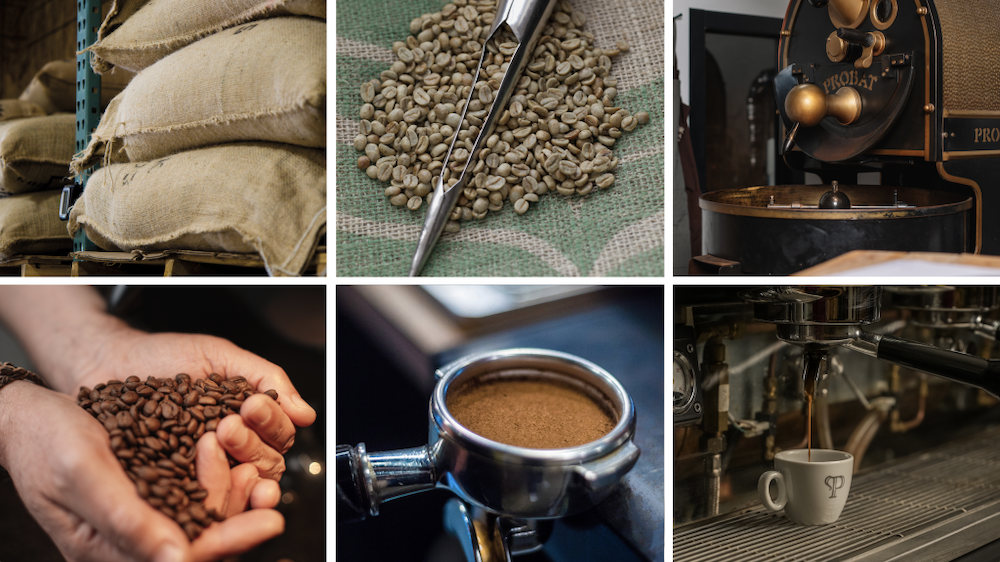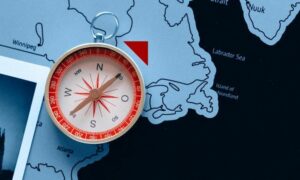I do appreciate good coffee, but as somebody who drinks coffee on daily basis (twice a day), and who is doing a PhD in Humanities (you can imagine the kind of budget), I can’t always afford specialty coffee beans. However, I also I do not like supermarket coffee here in Lisbon.
I know that many people do not mind it. But the thing is, Portugal is a country which imports some of the best coffee in the world from Brazil, Colombia, Angola, Ethiopia, etc.
Of course, coffee beans from all those countries and much more could be found in supermarkets. However, there is something more fulfilling for the nose and heart when you buy coffee which has been ground in front of you (or if you have the machine which grinds at home).
For all those reasons, I scouted for the best coffee places (cheap and expensive) to get fresh ground coffee at a good budget (or at a higher budget if I am having a good month). And here are my finds after a few years of experimenting in Lisbon:
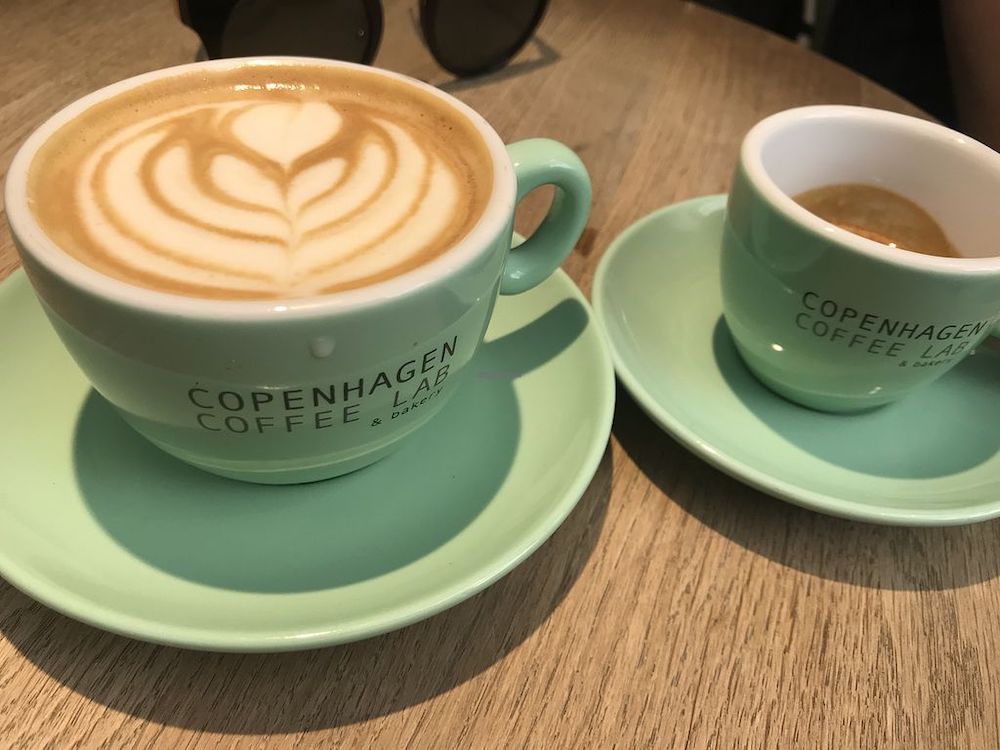
No. 1) Copenhagen Coffee Lab
R. de Santa Justa 14, 1100-230 Lisboa
This one is my favorite! I love to go there, sit down with a book, and drink the best flat white in town. Their cinnamon and cardamom buns are a must-try. Their coffee beans cost between 12 euros and 16 euros for a 250 grams bag depending on what you are buying.
I totally recommend the one from Guatemala. The staff is always friendly (in any of their chains really) and speak perfect English in case your Portuguese is not good enough to interrogate them about their coffee.
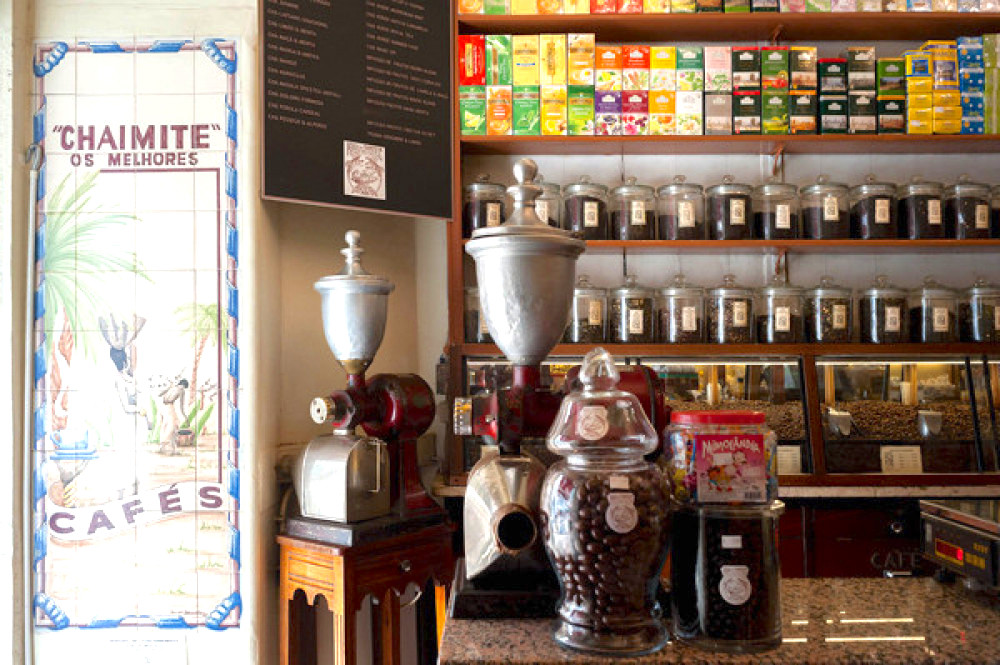
No. 2 PÉROLA DO CHAIMITE
Avenida Duque de Ávila 38-38A, 1050-083 Lisboa
This Pearl opened in 1938. The inside of the store is amazing and full of history. Not only do they have coffee beans from all over the world, but they also offer a wide selection of tea. In addition to tea and coffee, you also get everything to make tea and coffee such as coffee machines, infusers, etc.
I pay about 5 euros for 250 grams of 100-percent Arabica coffee beans, which is only 1 eur more than supermarket coffee, but you will definitely tell the difference in quality.
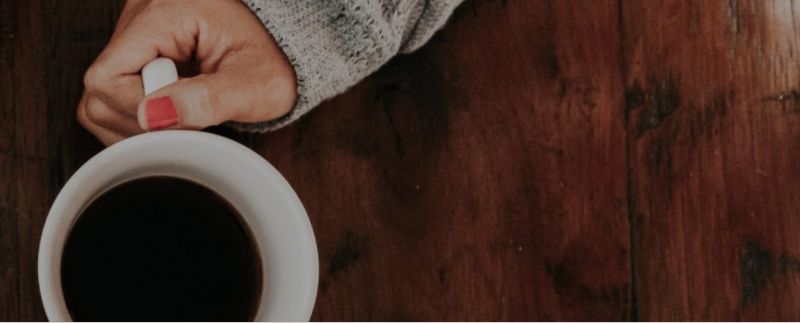
No. 3 Portela Café
Av. da Igreja 6 13, 1700-036 Lisboa
This is another option for good coffee at an affordable price. Portela is a chain which not only sells and serves good coffee, but they also have amazing pastries. I buy 250 grams of Timor coffee there for 4 or 5 euros. They ground it according to the machine you use.
The nice thing about Portela is that you can also find luxury coffee there like their Jamaican selection, among others.

No. 4 FÁBRICA Coffee Roasters
Rua das Flores 63, 1200-193 Lisboa
For specialty coffee, of course FÁBRICA! You will always have a FÁBRICA shop nearby as the chain covers different parts of town. They also sell online. Their bestsellers are Ethiopian and Brazilian coffee, and they come at 12,90 for a 250 grams bag.
And even though it is more expensive than the previous two options, the quality is remarkably higher.
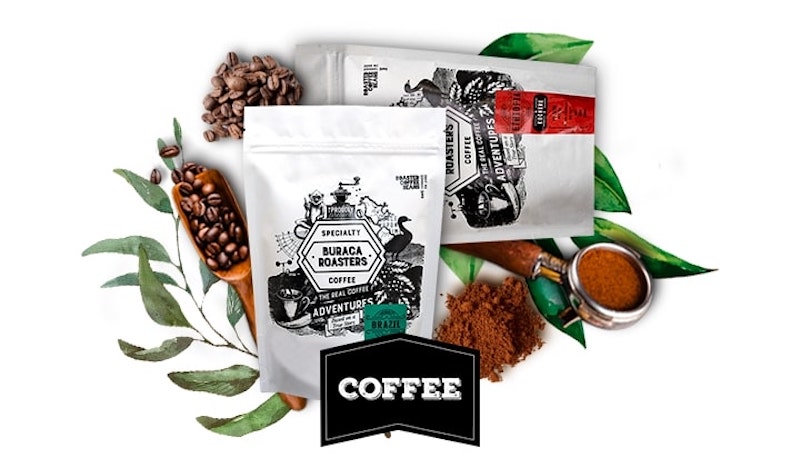
5) Buraca Roasters
Praceta Fernando Pessoa, Torre 2, Loja B, Buzano 2775-024 Parede
I never tried Buraca myself, but friends recommend it. So, if you have tried it, let us know! They have been roasting coffee for more than 30 years. They sell retail and wholesale. Their coffee ranges between 10 and 15 euros per bag. They have coffee beans from all over the world such as Brazil, Colombia, and Costa Rica.
Whether you go for higher-end or good enough coffee, Lisbon remains a place which offers pretty good prices for super high-quality imported coffee.

About the author:
Sarah Nagaty is a PhD researcher of cultural studies in Lisbon. She’s lived in Portugal for three years.
As a student of cultural studies, Sarah is drawn to what connects people from different backgrounds to new cultures and places, how they relate to their new surroundings and what kinds of activities they could engage with in their new hometowns.
See all of Sarah’s Dispatches posts here.
See Dispatches’ Lisbon story archive here.
Sarah Nagaty has a PhD in cultural studies, She’s lived in Portugal for six years.
As a student of cultural studies, Sarah is drawn to what connects people from different backgrounds to new cultures and places, how they relate to their new surroundings and what kind of activities they could engage with in their new hometowns.


